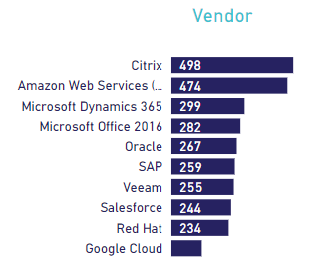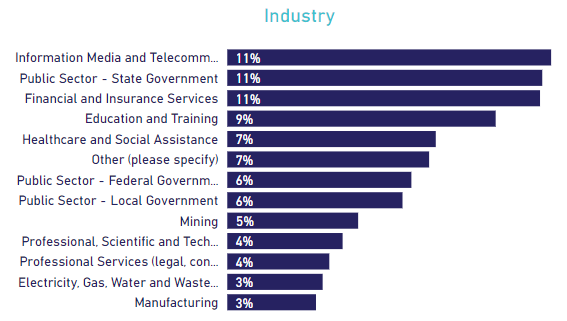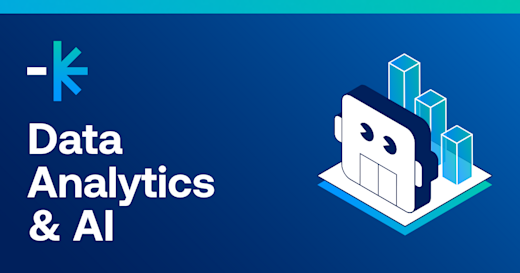The end of the financial year is approaching. Beyond the data on attendance rates and costs, the bigger question is how to make the most of your employee training budget and approach your learning and development plan for the months after.
In the years before the pandemic, staff training was recognised as important; a 2018 study in Australia found it to impact productivity by 8%, exceeding the increase in salary of trained staff.
In the Philippines, right before the stay-at-home orders were imposed, discussions on employee training centred around how to make them strategic and how to quantify the return on investment (ROI).
A December 2019 report on Training New Zealand’s workforce cited the following reasons for the need for a high performing education and training system with a focus on ICT training:
People stay in the workforce for a long time
A fifth of the workforce switch jobs each year
People learn about themselves and their skills over their working lives
Training can lift the skills of working-age migrants
People need new skills to help them adapt to changes in work
IT skills in demand to consider for employee training
Data Analytics, Automation and AI training to increase work efficiency and safety
In a 2020 global survey by EY, 41% of global business leaders plan to adopt automation and AI. These plans are partially aimed at addressing the lack of onsite staff, as local governments impose stay-at-home orders. But also, to promote data and analytics in decision making and workplace safety. AI adoption has the additional benefit of redirecting focus towards more innovation-related tasks and relationship-building work. Vendors such as Microsoft, Amazon Web Services, Google Cloud, and SAP provide popular Data analytics and AI training and certifications.
Cloud computing for the contactless delivery of products and services
In retail, there has been a rise in contactless shopping and delivery, as well as curbside pick-ups. In the knowledge and health sectors, teleconsultations are more widespread and used for speaking with an accountant, lawyer, doctor, or even ICT trainer. In fact, in 2021, Microsoft announced industry-specific cloud offerings like Microsoft Cloud for Financial Services, Microsoft Cloud for Manufacturing, and Microsoft Cloud for Nonprofit. There were also updates on Microsoft Cloud for Healthcare and Microsoft Cloud for Retail. Beyond Microsoft, popular certifications on Cloud Computing are also issued by Amazon Web Services, Google Cloud and VMware.
Globally recognised ICT training and certifications
Based on our 2021 customer survey, one main driver for corporate training is for their teams to maintain or gain globally recognised certifications from known brands like Citrix, Microsoft, Oracle, Veeam, Red Hat and Google. Globally recognised ICT training and certifications support organisations in expanding their business, closing contracts with clients and complying with industry and government standards.
IT training in the private and public sector
In November 2021, the Australian Public Service Academy held a Public Sector Network conference on the impact of COVID-19 on learning and development. This event not only discussed how the pandemic accelerated changes in learning and development but also the importance of 'learning agility,' in today's workforce. The panellists highlighted that formal learning whether online or in person is no longer enough. Instead, organisations need to be able to respond to constant change.
These sentiments are echoed in the results of Lumify Work's customer survey. In it, we found that having an ICT training package delivered in flexible modalities like in-person, virtual and hybrid and that incorporated peer to peer and experiential learning was a growing requirement for both in the private and public sector. Companies varied from Information Media and Telecommunications to Healthcare and Social Assistance to Electricity, Gas, Water. Meanwhile, public sector agencies varied from State Government to Federal to Local.
Your employee training budget for EOFY
With an awareness of trends in corporate training and IT skills in demand in 2022, you can review your learning and development plan for the end of the financial year and update it based on your company goals and on enabling your team to become more adaptable to constant change.
According to Tailbit, while there is no single standard for what a learning and development strategy should look like, you can incorporate several approaches and options:
Individual career growth plans
On-the-job training
Mentorship programs
Microlearning (5-to-15-minute lessons)
And a growth mindset training
The eLearning Industry suggests a few more guidelines to help determine your focus for your training budget:
Learning experiences
Distinct from the learner experiences that cover what happens to a learner when they participate in a learning session or engage with resource material, learning experiences focus on interactions with peers and the environment like the classroom or the sandbox tools.Agile strategies
As technology and world events move at a much faster pace, iterations of training materials should be able to match this pace.
Demonstrating impact
While the ROI of training was not often discussed before the pandemic, systems for automation and data collection have enabled organisations to gather evidence on the financial and operational impact of training initiatives.
ICT training in your learning and development strategy
Understanding the learning modalities that your team needs beyond formal workshops and webinars can you plan for ways to make upskilling sticky and applicable to the employees’ day-to-day flow of work. You can access a wide range of customised training options for your organisation via Lumify Anywhere - including online, onsite and hybrid.
View our corporate brochure to learn about ICT training you can provide to your employees. Feel free to contact us to enquire about our customised training solutions.













